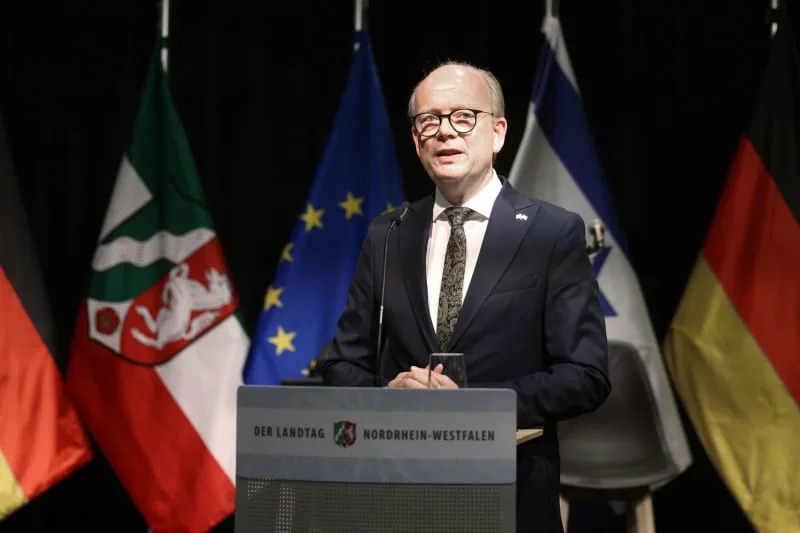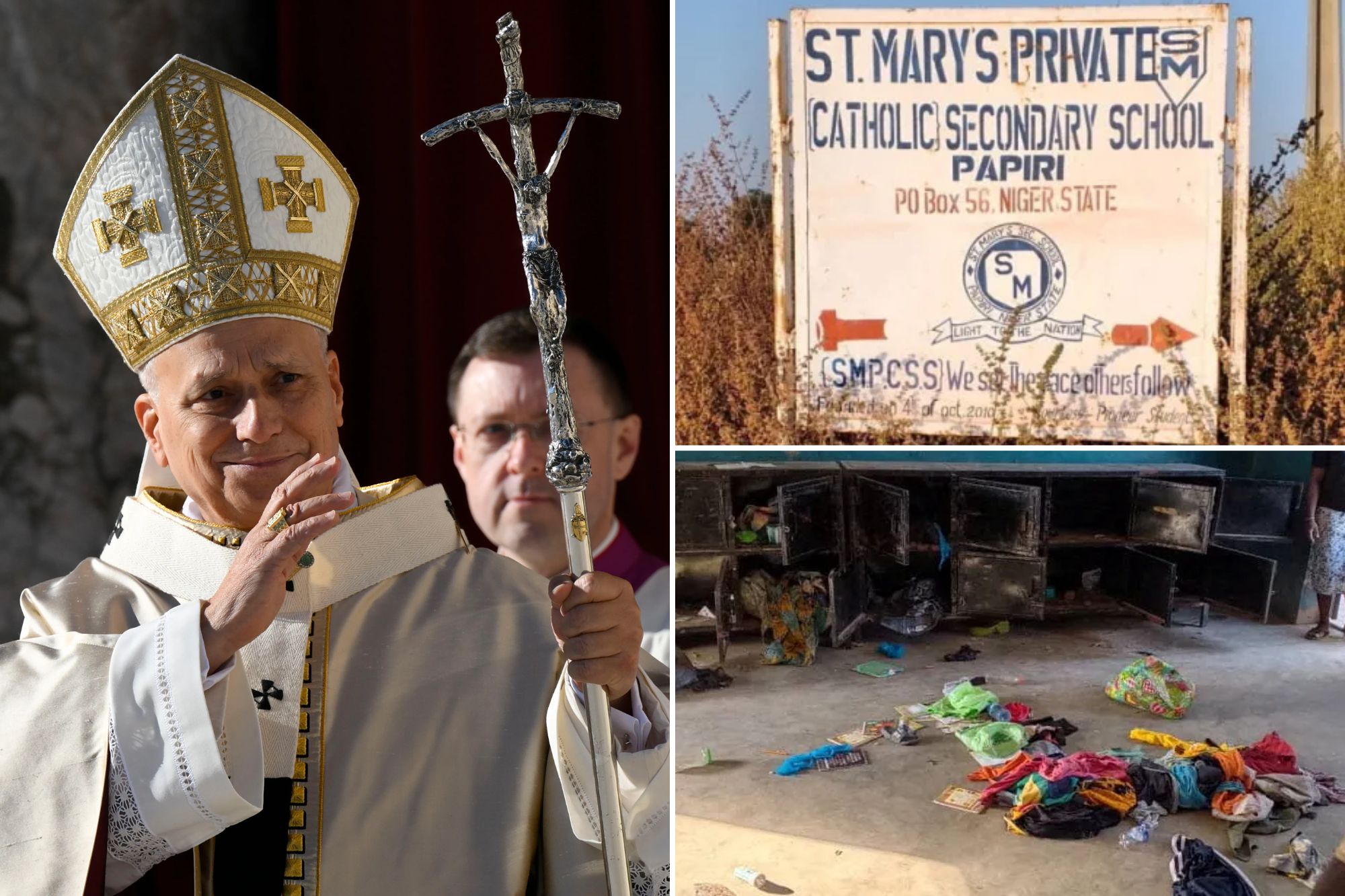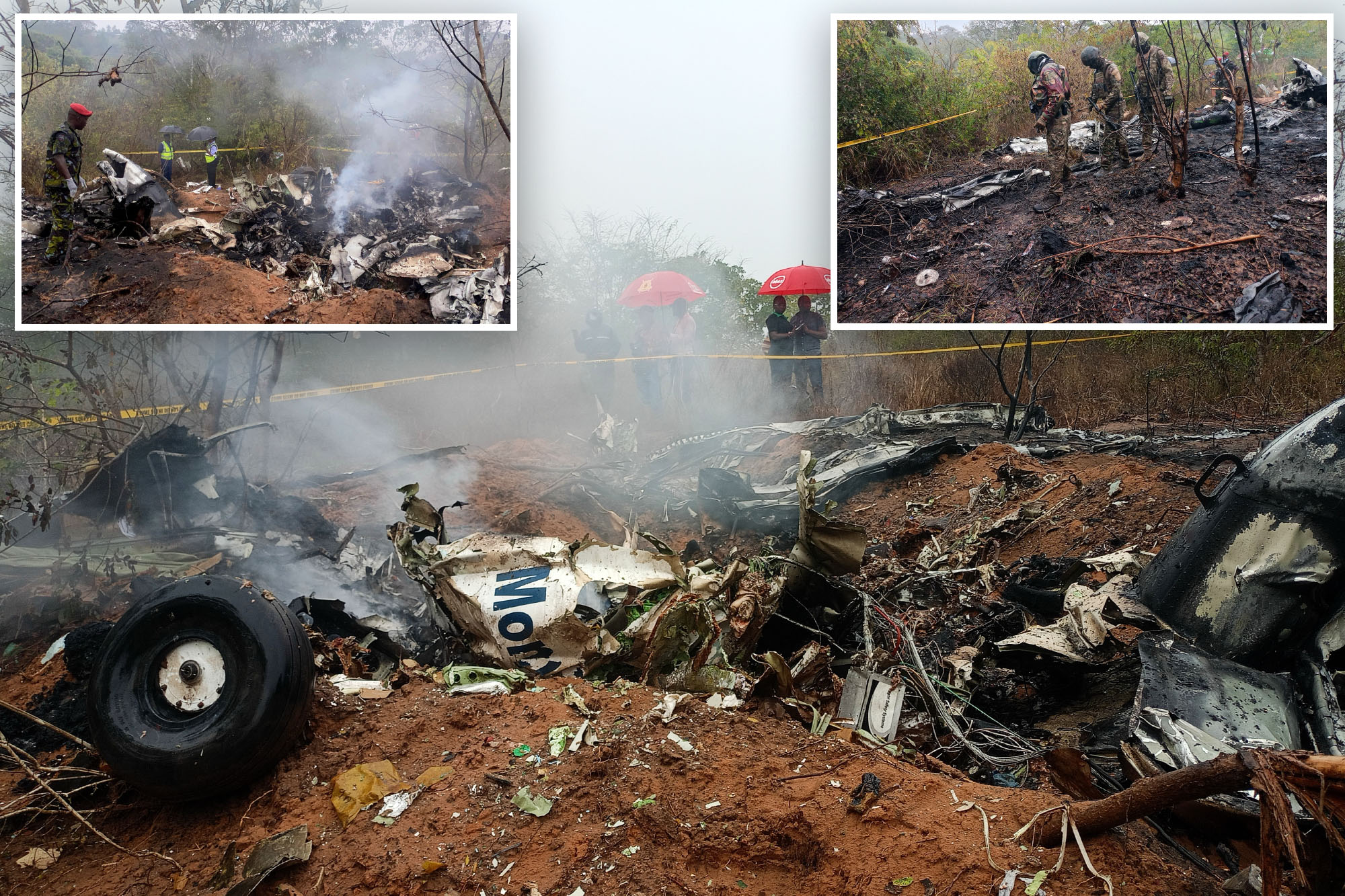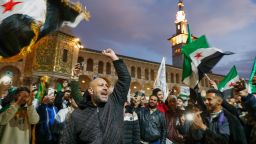The Lutheran bishop in Jerusalem, Dr Sani Ibrahim Azar, has accused Israel of committing genocide in the Gaza Strip, igniting a wave of criticism. During a Reformation Day service at the Church of the Redeemer in Jerusalem’s Old City, he posed poignant questions about the future of the region: “What does Reformation look like after two years of genocide? What does Reformation mean when we look at a world, a country, that is so broken?”
His remarks, which were shared on social media, did not address the context of the ongoing conflict, specifically the deadly attack by the Palestinian militant group Hamas on October 7, 2023. This assault resulted in the deaths of approximately 1,200 people in Israel and the abduction of over 250 individuals to Gaza. The lack of mention regarding this pivotal event has raised concerns about the balance of his statements.
A delegation from the North Rhine-Westphalian State Parliament in Germany, attending the service, expressed their dismay at Azar’s choice of words. In a statement issued from Düsseldorf, they emphasized their disapproval: “We expressly distance ourselves – especially as a German delegation – from the one-sidedness of what was said during the service.” André Kuper, president of the state parliament, described the bishop’s language as “unacceptable and intolerable,” reflecting a broader sentiment among those present.
Reformation Day, celebrated by Protestants on October 31, commemorates Martin Luther’s historic act of nailing his 95 Theses to the door of the All Saints’ Church in Wittenberg, which catalyzed the Protestant Reformation. The timing of Azar’s remarks during this significant occasion adds another layer of complexity to the controversy.
The term “genocide” is defined by the United Nations as the intentional act of destroying, in whole or in part, a national, ethnical, racial, or religious group. This serious accusation has prompted international reactions, including a case brought by South Africa against Israel before the International Court of Justice (ICJ) in The Hague. The timeline for the court’s verdict remains uncertain.
Israel has firmly rejected the accusation of genocide, a stance that aligns with the position of the German government. This ongoing conflict has led to substantial casualties, with the Hamas-controlled health authority reporting over 68,500 deaths in Gaza since Israel’s military response to the attacks initiated on October 7. A fragile ceasefire was only established three weeks ago, further complicating the situation.
As this dialogue continues, the implications of Azar’s statements and their reception highlight the deep divisions and sensitivities surrounding the Israeli-Palestinian conflict. Moving forward, how both sides navigate this charged discourse will be critical in shaping future interactions and potential resolutions.







